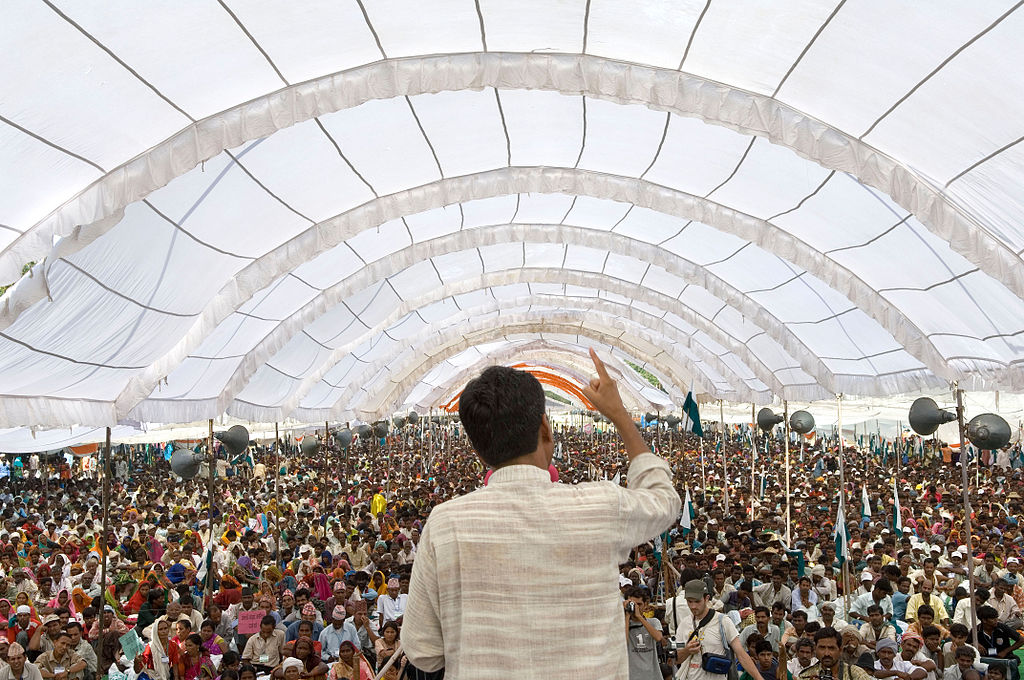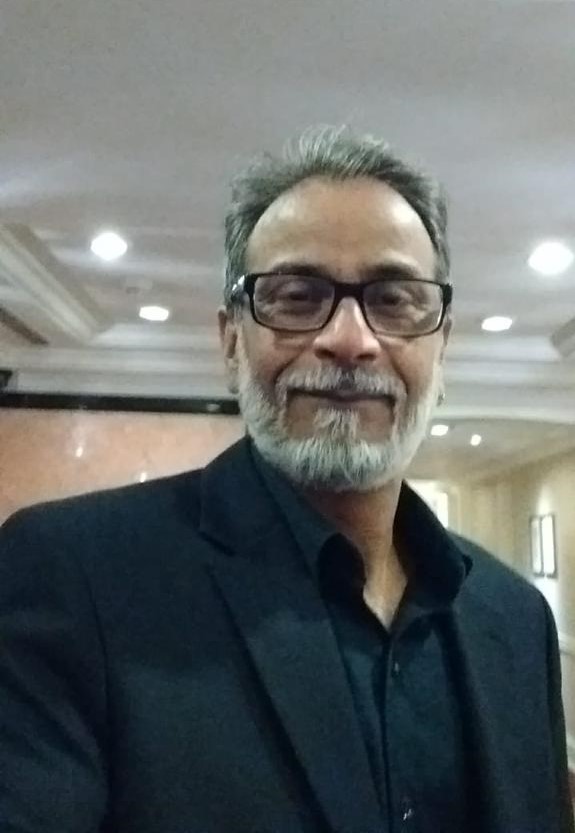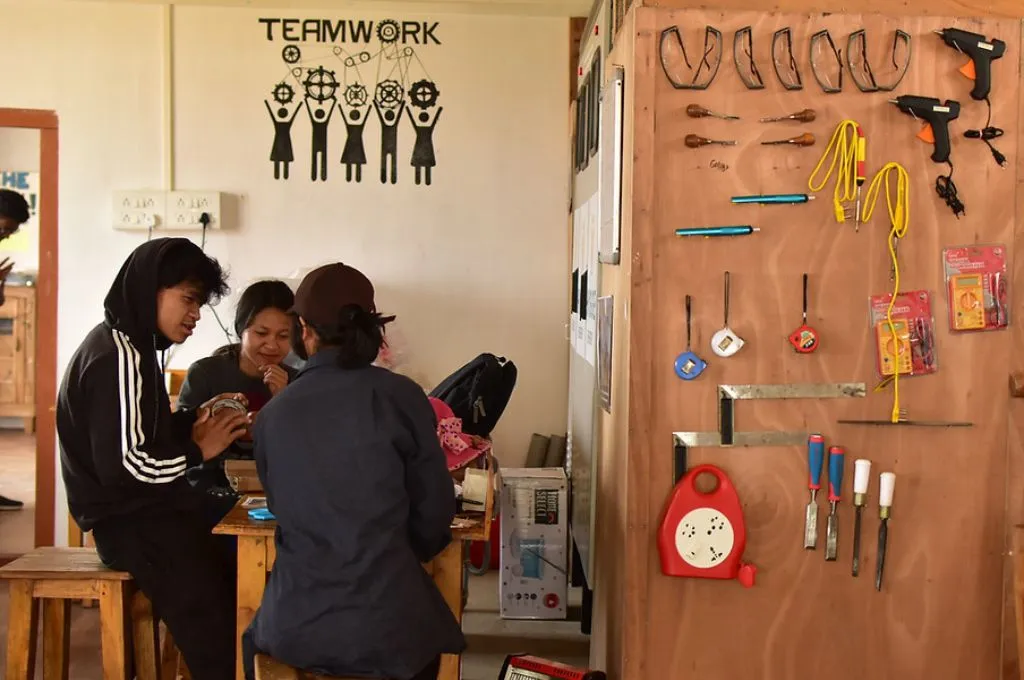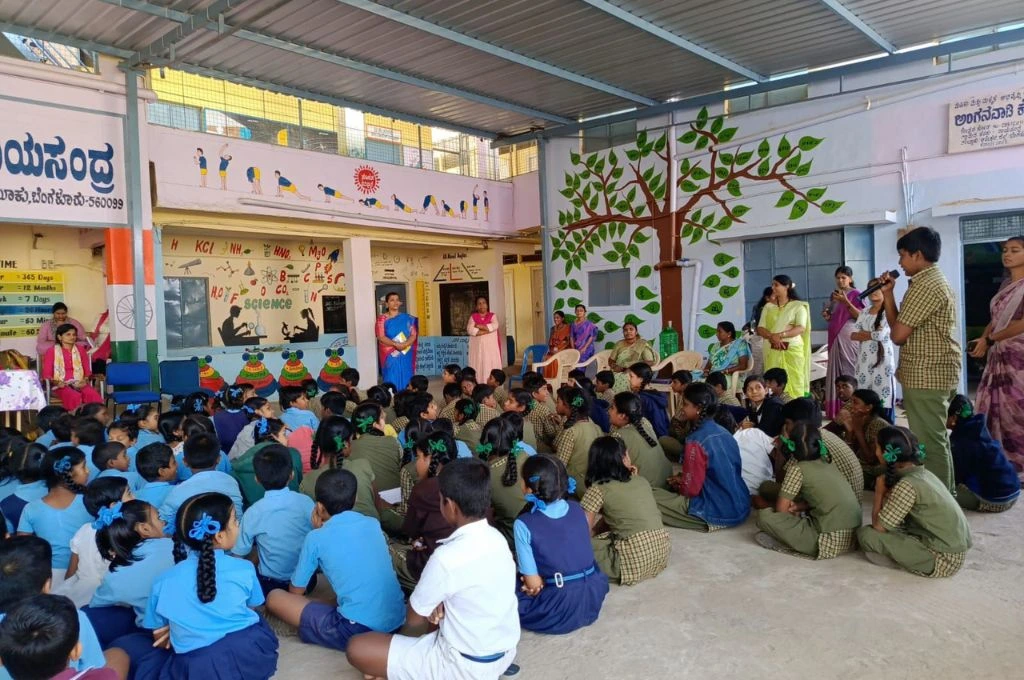Civil society is a space that belongs to the citizen. It exists between the state and the market. As a plural, amorphous, and evolving space, it resists the absolute and overwhelming power of both the state and the market. It can be a conscience keeper, playing several roles, including promoting transparency and accountability in the governance structure, public awareness, empowerment of marginalised communities, and advocacy for policy change. 1In other words, civil society is the space where citizenship is lived and practised. And, these are precisely the reasons why civil society often becomes a fiercely contested space.
Both the state and the market—sometimes in conflict, often in connivance—try to capture this space because it is not just where democratic rule is legitimised, but also where power and profit are reproduced. And thus, civil society organisations (CSOs)—entities created to build and safeguard civil society spaces—are, in many cases, looked upon unfavourably.
In fact, strengthening civil society is seen as an ambush on the sphere of influence enjoyed by the state and the market. CSOs are taught to distance themselves from the ‘Political Individual’: the citizen who holds the government accountable and demands equality, liberty, and fraternity. Their primary role, CSOs learn, is to provide services and reach where the state and markets can’t or won’t; and not to question the ability, action, or competence of the state.


Has this always been the case?
It is not a coincidence that independent India has by and large continued with the rules and regulations for a CSO that were first articulated in 1860, by the British colonial regime. In the aftermath of the 1857 revolt, the British introduced the Societies Registration Act to regulate and control a nascent civil society space, in which amorphous socio-religious groups had been expressing local angst against colonial rule. The fact that the Indian state has continued with the same lens and purpose is telling.
During the freedom struggle, every individual in their political and civic capacity was called to put their shoulder to the plough to deliver freedom to India. However, once this purpose was served, the citizen was sent back to the home, the field, the classroom, the factory—and the running of the nation state was left to the traditional elite.
Just as the colonial state had restricted spaces for engagement with the Political Individual, so too did the newly formed nation state of India. Individuals questioning the policies and decisions of the state were discouraged to collectivise—the only time this was allowed was when the ‘masses’ were called upon to vote. The nation state that depoliticised its people, still needed those very people to legitimise its power.
Forced depoliticisation of the civil society space has compromised our ability to build a democratic society.
In theory, we had a Constitution that celebrated democracy. In praxis, politicisation of the civic space had become akin to subversion, and the Political Individual came to be considered anti-national. Many argue that such forced depoliticisation of the civil society space has compromised our ability to build a democratic society. Let’s call it the first colonisation of the civil society space in decolonised India.
Corporate influence, or the second colonisation of the civil society space in India
Today, some would suggest, we are witnessing the second colonisation of the civil society space. The liberalisation of the Indian economy, a change in the pro-welfare nature of the Indian state, and the introduction of the The Companies Act, 2013, have all combined to magnify the influence of the corporate world over CSOs. While it has brought benefits to the social development sector, especially with respect to accountability, corporate influence has also presented a fresh set of restrictions. It accentuates the charity narrative, underplays the entitlement discourse, and welcomes scaling up services, but expects the project and the players to stay with the fragment of an issue and engage with ‘a collection of individuals’, but not the system. This is because it is cold to the thought of scaling up ideas that could take one from symptoms to the root cause of a problem. Fragmentation of societal concerns to promote disjointed niche organisations underplays the need to build a robust civic space.


Political Individual: The citizen who holds the government accountable and demands equality, liberty, and fraternity. | Photo courtesy: Ekta Parishad on Wikimedia Commons
For instance, some corporates may be sympathetic to issues of urban poverty, but will rarely encourage even a discussion on the larger political economy that might cause this poverty in the first place. Or, they may support a WASH (water, sanitation and hygiene) intervention for the children in a slum, but may not feel enthusiastic about a project asking for water for the same children, knowing full well that without water a WASH intervention is meaningless.
The larger question is: sustainable development, yes; but democracy, no?
How is sustainable development possible without an accountable government and democratic ecosystem?
There seems to be a near-total convergence of the market and the state in discouraging advocacy, especially citizen advocacy (by the populace), as opposed to institutional advocacy (by organisations).
Many CSOs too participate in this process willingly. When it comes to their advocacy efforts, they can point to policy results, while the state can point to CSOs as their proxies for citizens. This process makes participating CSOs ‘insiders’, where a handful of them claim to speak on behalf of the public at large. This can be dangerous, because as CSOs become a stronger institutional player and are welcomed into dialogues with political institutions, their incentives to strategically limit public advocacy increase. They learn quickly that too much critical public voice tends to jeopardise institutional leverage.
We need to rethink the civil society space and our role as CSOs
Development and social change are not purely apolitical phenomena, and the Political Individual doesn’t need to be an undesirable beast. The fight against deprivation and marginalisation doesn’t need to be the sole concern of the marginalised, or the CSO working with it alone. India desperately needs to build a robust public sphere where people from different walks of life can come together on an issue of common interests, to enhance equity and justice, and to demand greater accountability from both the market and the state. Without a vibrant civil society and empowered public, the republic is neither complete nor safe.
- Neelmani Jaysawal, “Civil Society, Democratic Space, and Social Work”, Sage Journals, October, 2013




